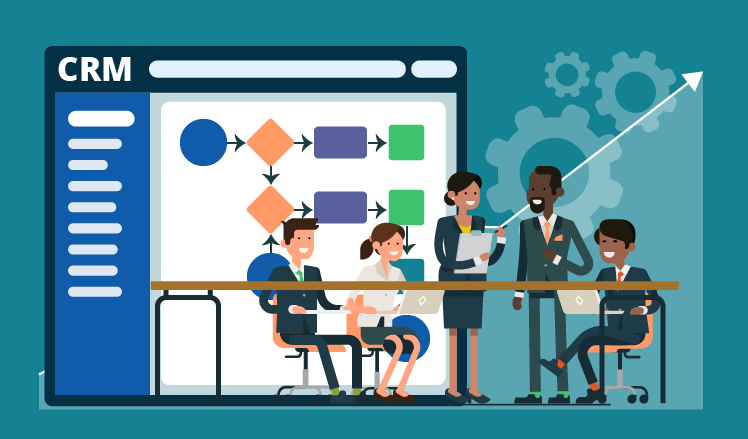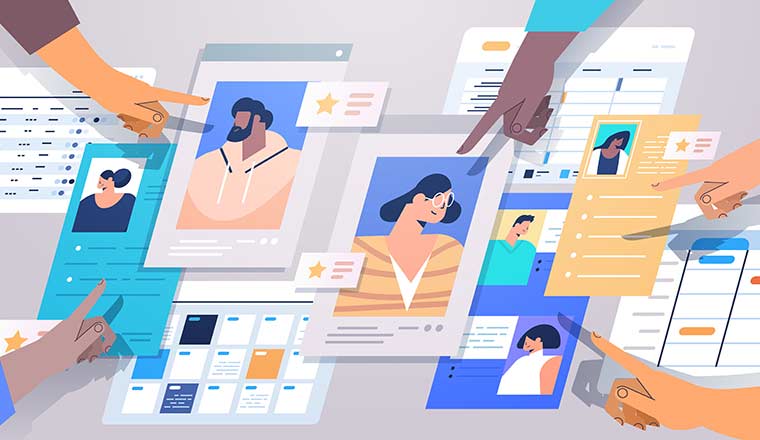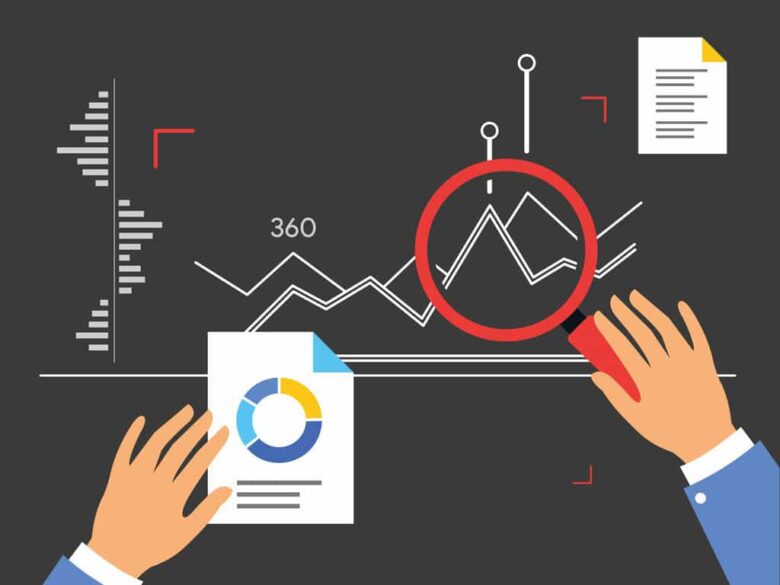In today’s highly competitive business landscape, companies must focus on meeting their customers’ needs and providing an exceptional customer experience. One way to achieve this is by implementing a customer relationship management (CRM) system with Salesforce training for employees. A CRM tool can provide businesses with an effective way to manage their customer interactions, improve communication, and streamline the sales process.
From lead management to sales forecasting, CRM tools can help businesses grow by providing a centralized platform that supports different customer-facing activities. This article will outline ten ways CRM tools can help your business grow and achieve its goals.
Contents
Streamlining Lead Management

Source: streamlinevrs.com
The first way that a CRM tool can help your business grow is by streamlining lead management. Capturing, nurturing, and converting leads can be challenging, but a CRM tool can make it more manageable.
A CRM tool can help businesses automate lead management by capturing lead data, assigning leads to sales representatives, and tracking lead interactions. With a CRM tool, businesses can develop lead nurturing strategies involving automated follow-ups, personalized messaging, and targeted marketing campaigns.
Optimizing Sales Pipeline
A sales pipeline is a visual representation of the sales process, from initial contact with a lead to closing a deal. With a CRM system, businesses can track their leads and prospects through every sales pipeline stage.
With real-time data on each lead, sales representatives can make informed decisions on engaging with each prospect, increasing their chances of closing a deal. A CRM system can help identify bottlenecks and inefficiencies in the sales process, allowing businesses to make the necessary adjustments and optimize the pipeline.
Increasing Sales Productivity
CRM software can also increase sales productivity by automating routine tasks and giving sales representatives more time to focus on selling. A CRM system can automate tasks such as lead nurturing, email campaigns, and appointment scheduling.
With a CRM system, sales representatives can easily access information on each lead and prospect, including their contact details, previous interactions, and interests. This information allows sales representatives to personalize their communication with each lead, increasing the chances of converting them into customers.
Moreover, a CRM system can provide sales representatives with insights into their performance, allowing them to identify areas for improvement. By tracking metrics such as call volume, response time, and deal velocity, a CRM system can help sales representatives optimize their performance and increase their productivity.
Automating Sales Processes

Source: scnsoft.com
CRM software can also help automate various sales processes. This is particularly useful when dealing with repetitive tasks, such as creating quotes or sending follow-up emails. By automating these tasks, sales teams can free up more time to focus on other important tasks, such as building customer relationships.
CRM tools can also automate lead nurturing by sending personalized emails to leads at different sales funnel stages. These emails can be triggered by specific actions, such as downloading an e-book or attending a webinar. Automating this process ensures that leads receive relevant and timely information that can help move them through the sales funnel.
Improving Customer Retention
Acquiring new customers is essential for any business, but retaining existing customers is just as important. CRM software can help improve customer retention by providing insights into customer behavior and preferences. This information can be used to tailor marketing campaigns, improve product offerings, and deliver personalized customer service.
CRM tools can also help businesses identify potential issues before they become major problems. For example, if a customer submits a complaint, CRM software can track the issue and ensure it is resolved promptly and satisfactorily. This can help prevent the customer from becoming dissatisfied and potentially switching to a competitor.
Enhancing Customer Experience
Providing excellent customer service is key to building lasting relationships with customers. A CRM system can enhance the customer experience by helping businesses understand their customers’ needs and preferences.
With a CRM system, businesses can collect valuable customer data such as purchase history, preferences, and communication preferences. By analyzing this data, businesses can tailor their products and services to meet customer needs better.
Personalizing Customer Communications

Source: callcentrehelper.com
Customers today expect personalized and relevant communications from businesses. A CRM system can help businesses deliver personalized and relevant messages by segmenting customers based on their interests and behavior. For example, businesses can create targeted email campaigns based on customer behavior, such as recent purchases or website visits.
A CRM system can also help businesses track customer interactions, allowing businesses to respond quickly to customer inquiries and concerns. This can include automated customer service responses, live chat, and social media monitoring.
Personalized communication is an effective way to build lasting relationships with customers. Businesses can use a CRM system to personalize communication to increase customer satisfaction, loyalty, and advocacy.
Providing Data-Driven Insights
One of the most valuable features of CRM is its ability to provide data-driven insights. By collecting and analyzing customer data, CRM systems can give businesses insights into customer behavior and preferences. This can help businesses make informed decisions about sales and marketing strategies, product development, and customer service.
CRM tools can provide businesses with detailed reports on sales performance, customer activity, and marketing campaigns. These reports can be used to identify trends, patterns, and areas for improvement.
Facilitating Collaboration
CRM systems can also facilitate collaboration among team members. By providing a central location for customer data, communication, and task management, CRM systems can help team members work together more efficiently. For example, team members can share customer information and notes, assign tasks, and track progress, all within the CRM system.
Collaboration features like chat, notifications, and project management tools can help team members stay connected and on the same page. This can be especially useful for remote teams or teams with members in different locations.
Sales Forecasting

Source: saleshacker.com
CRM is an effective tool for predicting future sales and planning for the future. By analyzing past sales data and customer behavior, businesses can forecast sales trends and prepare for changes in demand. Sales forecasting can help businesses set achievable sales targets, allocate resources, and plan marketing strategies.
With the help of CRM tools, businesses can analyze customer behavior, purchase history, and preferences to identify patterns and trends. Businesses can forecast future sales trends and anticipate customer needs by analyzing past sales data. This can help businesses plan, allocate resources, and improve their sales strategy.
Conclusion
Businesses that use CRM are better equipped to understand their customers, anticipate their needs, and provide a better customer experience. By investing in CRM, businesses can stay ahead of the competition, improve their bottom line, and achieve long-term success.
